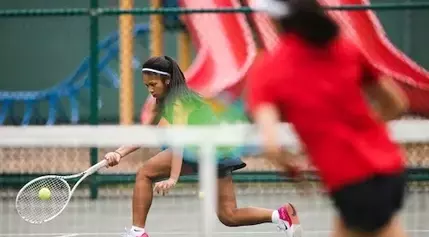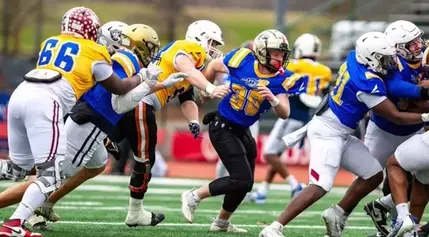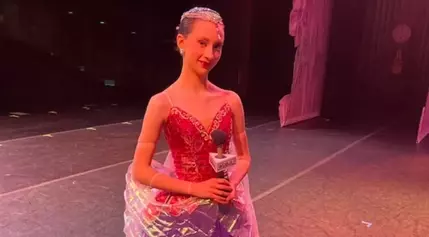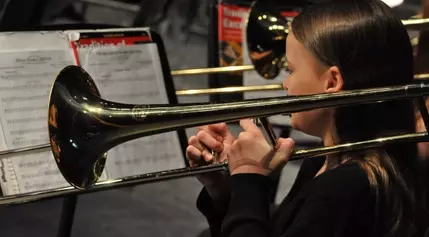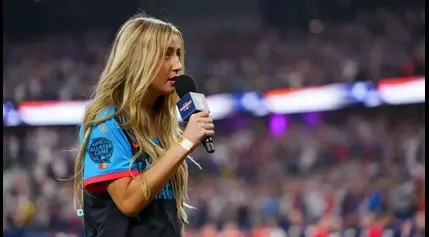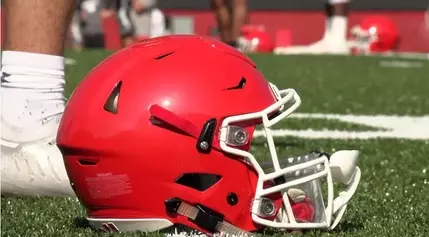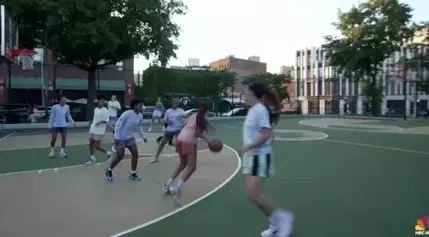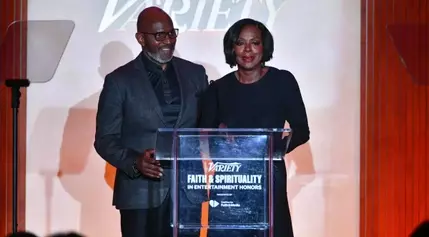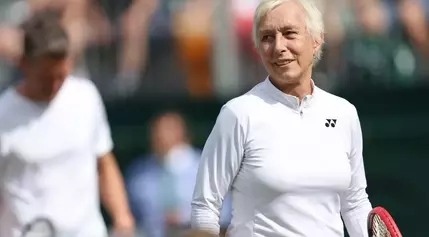
Former female sports luminaries, media personalities, and a conservative lawmaker have vehemently criticized a recent New York Times article. The article's use of the term "non-transgender women" to refer to biological women has sparked a heated debate. Tennis legend Martina Navratilova, along with other prominent figures, blasted the piece online, emphasizing that women should simply be referred to as women. The Times' documentation of the inner turmoil within a women's college volleyball team, specifically the San Jose State University Spartans, who are attempting to field a transgender female player in upcoming tournament games, has caused division not only within the league but among team members. Some team members have even resorted to legal action, with a senior co-captain and the assistant coach filing a lawsuit to stop the transgender athlete from playing, claiming it violates Title IX rights to gender equity at federally funded institutions.
"Unraveling the Gender Dispute in Sports: The New York Times' Controversial Stance"
Section 1: The Impact on Sports Teams
The attempt to have the transgender player compete has led to a complicated mess within the San Jose State University Spartans volleyball team. As reported by The New York Times, some team members no longer communicate with each other during practice or outside of games. Even the head coach, who supports the trans student, has stopped talking to certain players off the court. This division has raised serious questions about the future of women's sports and the rights of biological women. 2: The lawsuit filed by the senior co-captain and the assistant coach highlights the deep-seated concerns within the team. It shows that the issue goes beyond just sports and touches on issues of gender equity and the protection of biological women's rights. This situation serves as a wake-up call for the sports community and highlights the need for a more inclusive and respectful approach to gender issues in sports.Section 2: The Scientific Debate
The New York Times reporter Juliet Macur delved into the scientific aspects of the debate surrounding whether trans women can compete in women's sports. On the outlet's website, the NCAA states that trans volleyball players are eligible to play if their testosterone level is less than 10 nanomoles per liter. This is at least four times more than what many experts consider the top range for non-transgender women and within the typical range for adult men. This scientific information has added fuel to the fire, with frustrated social media users questioning the validity of these claims and the impact on women's sports. 2: The use of terms like "athletes assigned female at birth" by the reporter further complicates the issue. It highlights the need for a more clear and consistent approach to gender terminology in sports. Social media users have been quick to condemn these controversial descriptions, arguing that they undermine the rights and identities of biological women.Section 3: Public Reactions
British Olympian and activist Sharron Davies was among those who expressed her outrage over the Times' use of "non-transgender women" to describe women. She pointed out how this language is part of a larger men's rights movement that is eroding women's rights and safeguards. Anti-trans activism accounts like "WomenAreReal" have also taken to social media to demand an end to these offensive terms and to be referred to simply as women. 2: Conservative journalist Andy Ngo and Rep. Nancy Mace, R-S.C., have also joined the chorus of criticism. Ngo's remark about "woke ideology" and Mace's condemnation of the Times' definition highlight the political and social implications of this gender dispute. The public outcry against the Times' stance shows that this is an issue that resonates with a wide range of people and has the potential to shape the future of gender discourse in sports.New

Entertainment

Entertainment

Entertainment

Entertainment

Entertainment

Entertainment

Entertainment
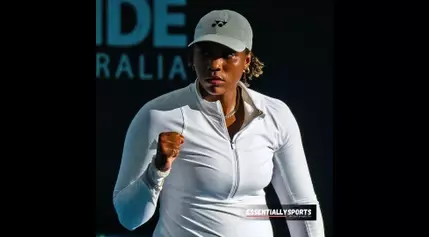
Entertainment

Entertainment

Entertainment





